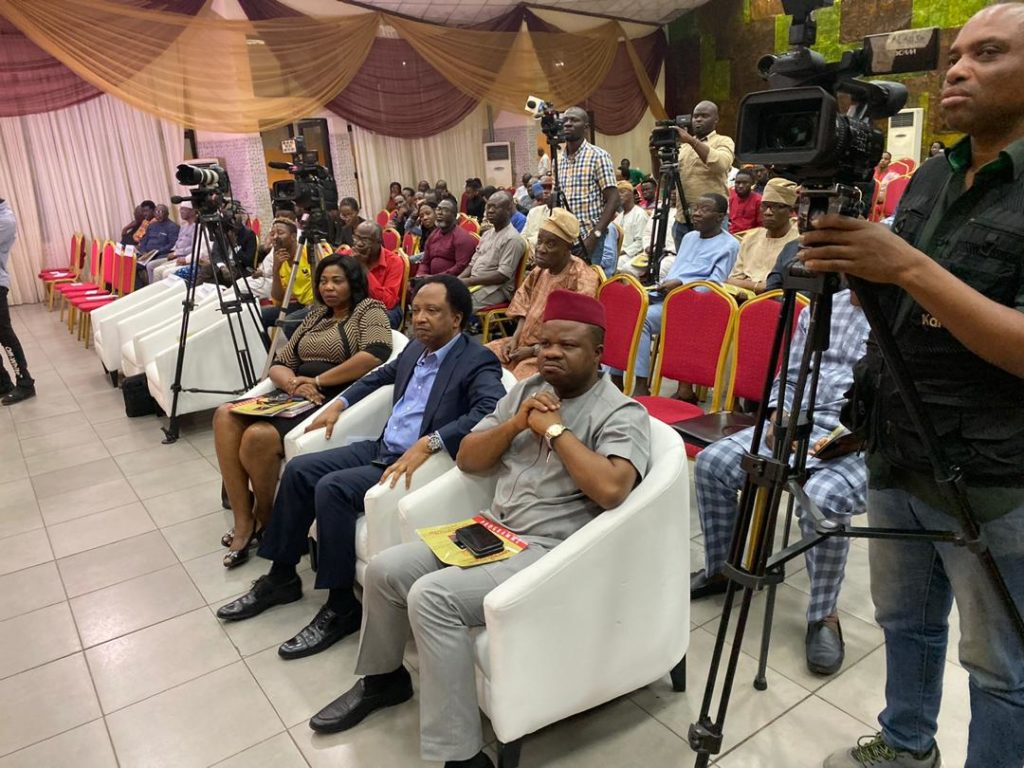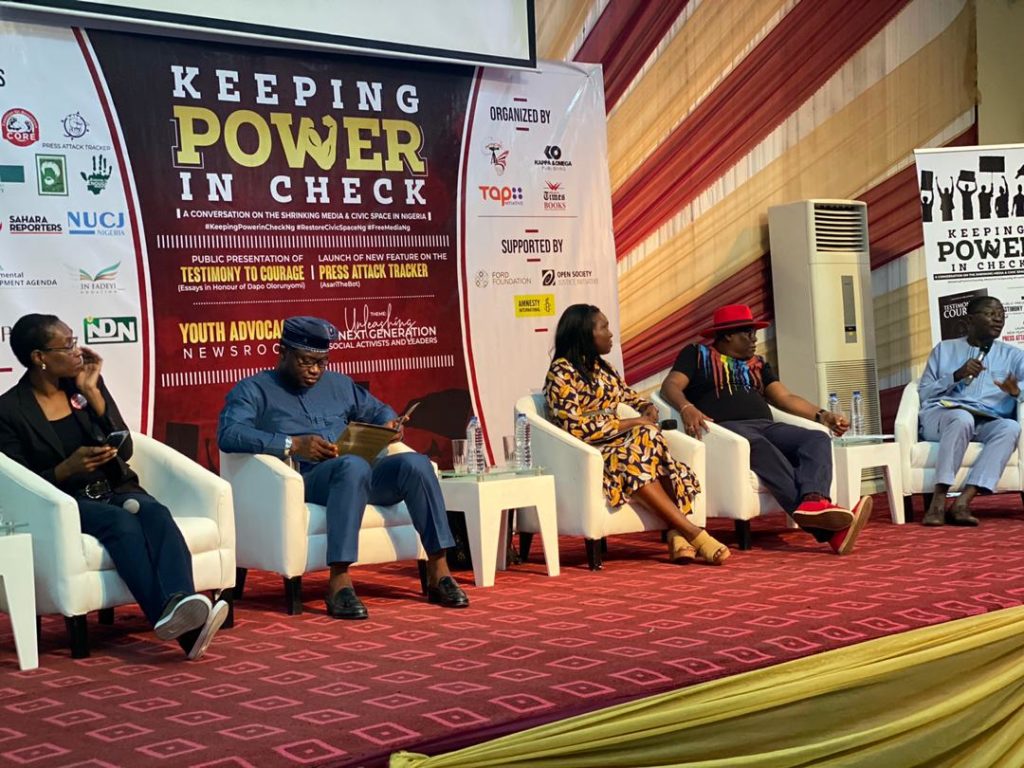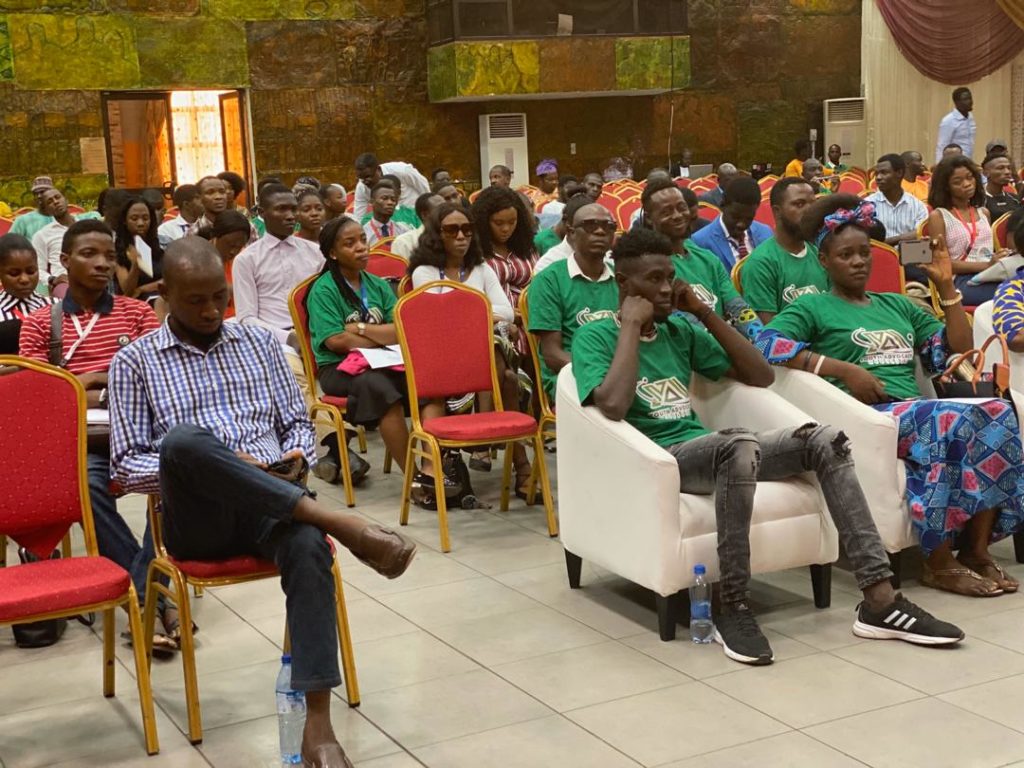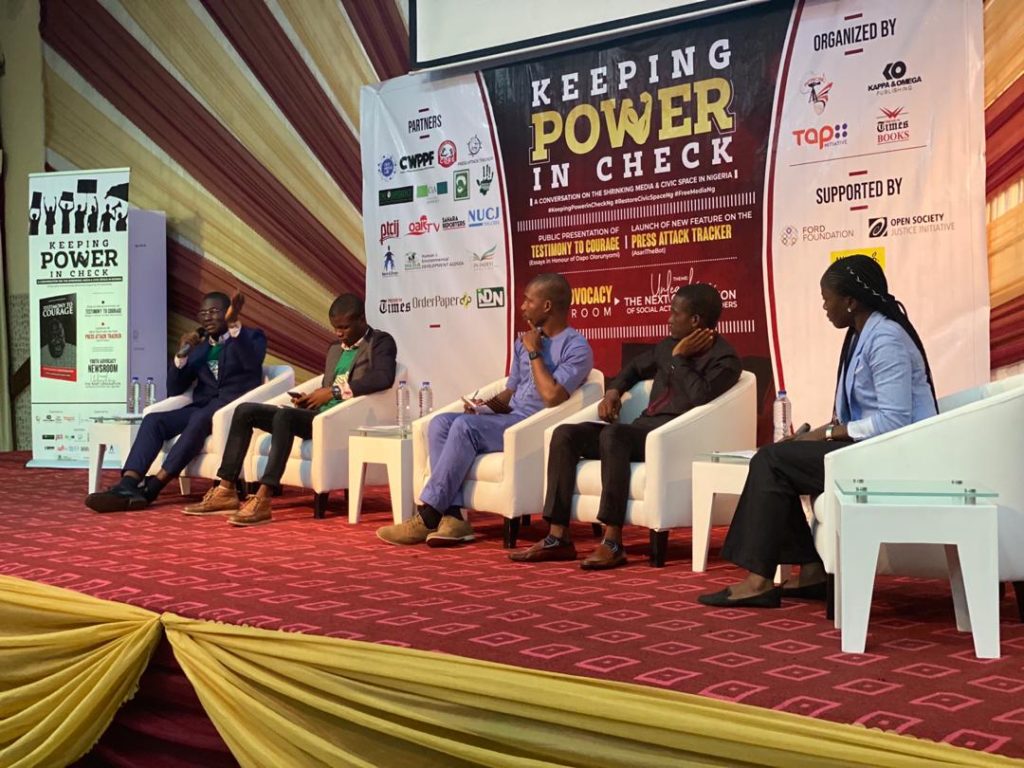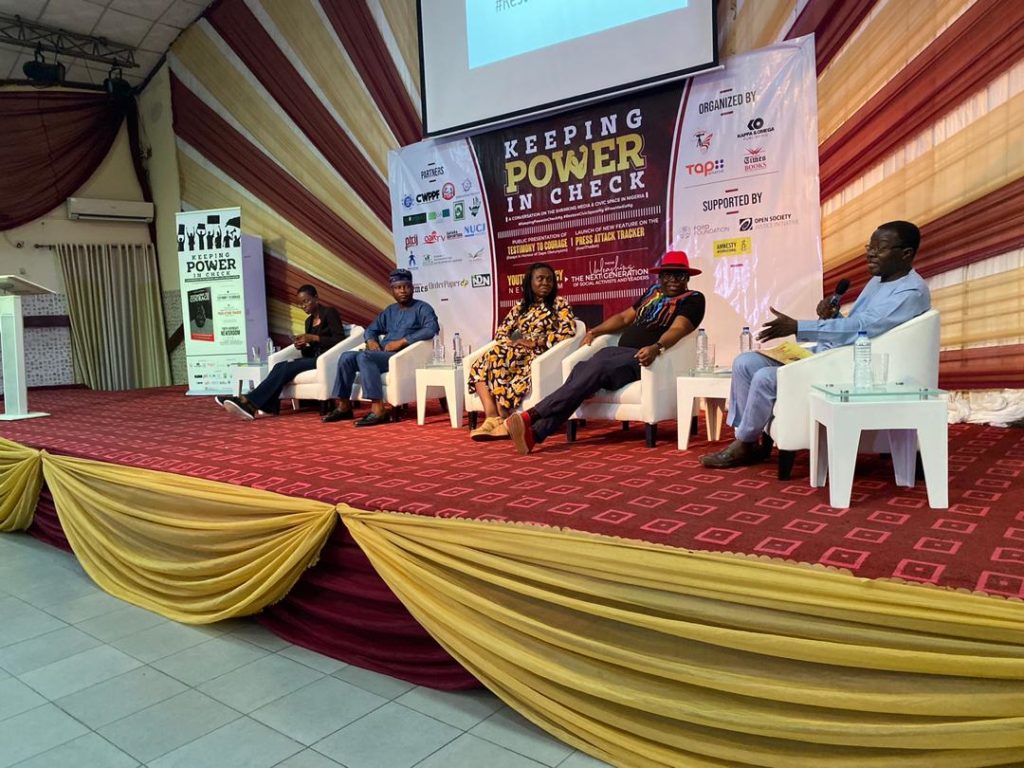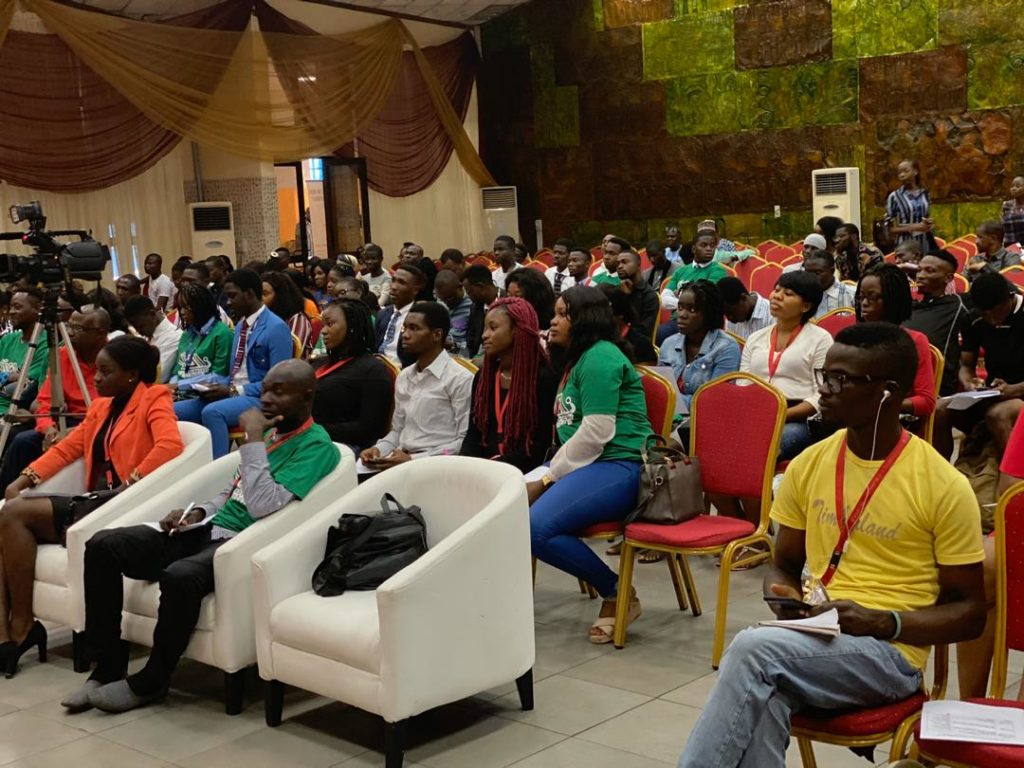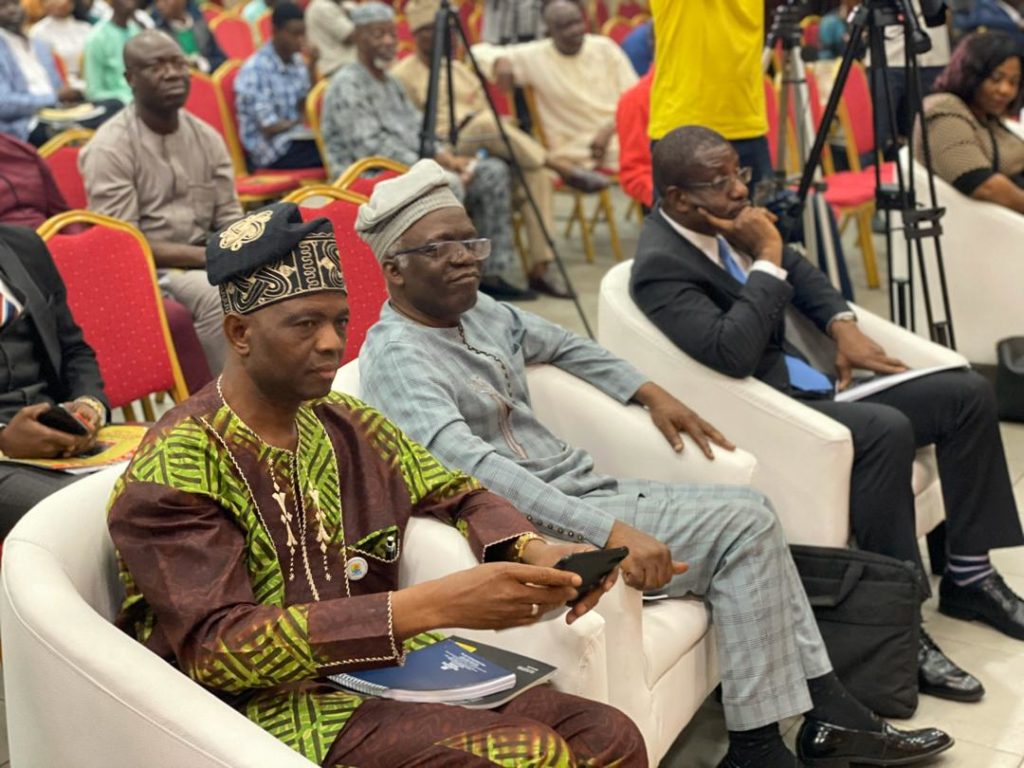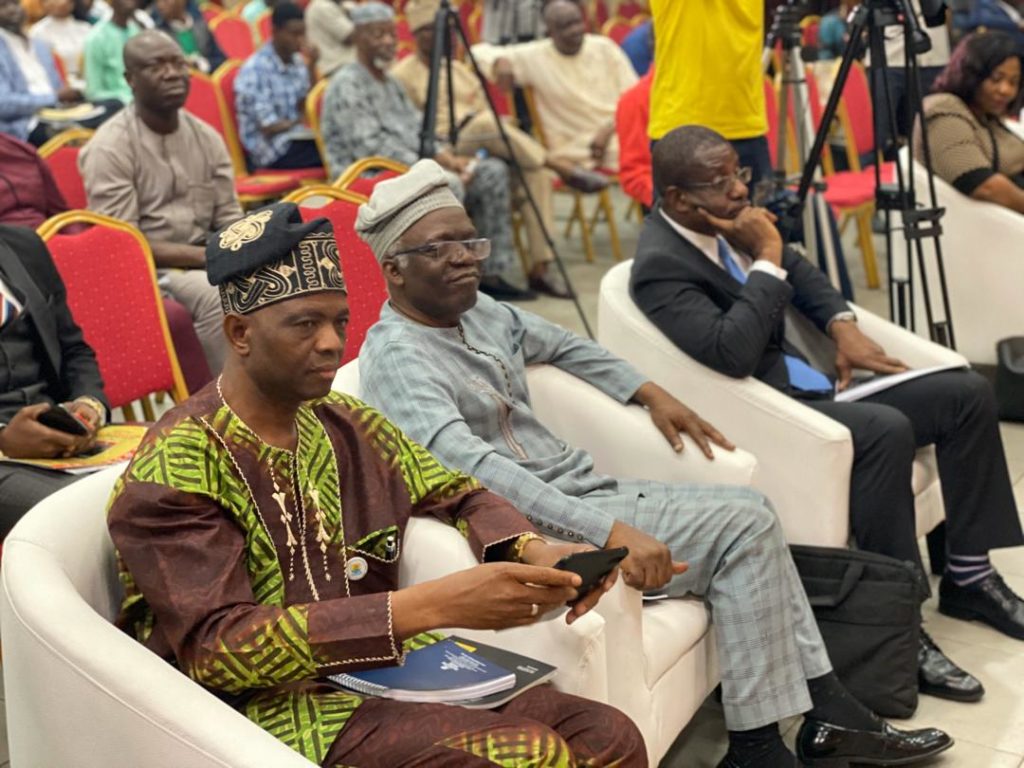BACKGROUND
Even though the attention of the world was on the role of the media in elections and democracy on this year’s World Press Freedom Day in May, the shadow of last year’s murderous attacks on free speech and journalists still loom large. Will this be the new normal?
In July, The Economist, quoting a report by Freedom House, described 2018 as the year when the muzzling of journalists and independent news media was at its worst point in 13 years.
The reality of Nigeria’s media space today remains that attacks on the Press continue to occur with total impunity, where Nigerian journalists continue to face threats, physical attacks, detentions, intimidation, persecution, and death for their professional work.
Nigerian authorities have also continued to file criminal charges against journalists while perpetrators and collaborators of attacks on the Press, most often State actors, including security forces, are seldom sanctioned or never brought to justice. In recent times, this constriction of the media space has also extended to citizens who use social media to make government accountable.
OVERVIEW
A coalition of media and civil society group; The African Centre for Media and Information Literacy (AFRICMIL) and Tap Nitiative, held a colloquium on Thursday, November 7, to address the shrinking media and civic space in Nigeria and attack on journalists, media organizations and civic activists.
The event held at NECA House, Ikeja, Lagos, at 4:00 p.m. Coming barely a week after the International Day to End Impunity for Crimes against Journalists, the colloquium drew attention to the sustained attacks against journalists and free speech in Nigeria, it drew attention to the role (challenges and opportunities) of the media and citizens in expanding democratic discourse, promoting fundamental freedoms and challenging the assault on human rights.
The event was an occasion to highlight the fundamental principles of press freedom, to assert the rights of citizens in a democracy, to defend the media from attacks on their independence and to pay tribute to journalists and citizens who had lost their lives or are still in jail because of their work.
2019 has turned out to be the year when the muzzling of journalists and independent voices and constriction of the civic space in Nigeria has been at its worst point in recent memory. Nigeria has a sordid history of attacks on the media, and now on citizens who use social media as a form of expression, we have recorded about 71 attacks on the media, including arrests, intimidation, detention and killings. Recent reports of detention, harassment, assault and obstruction of journalists and citizens show a troubling trend in the attempt by the state to control the media and civic space in the country.
The coalition also highlighted “the alarming trend of media censorship by state authorities in Nigeria, the flagrant disobedience of court orders and the charges of treason, terrorism and cybercrimes against citizens by Federal and State Governments and the misuse of the state criminal justice system to silence free expression.” The colloquium provided a platform for journalists, media practitioners, and multiple actors in civil society to exchange ideas on current issues and threats concerning freedom of the press and citizens’ rights in a digital age, call attention to these issues and seek ways to curtail them.
The colloquium was chaired by Femi Falana, SAN, and had in attendance special guests like, Sen Shehu Sani, Chris Isiguzo, President of NUJ, and Olabisi Deji-Folutile, former editor of Saturday Punch.
The keynote was delivered by Odia Ofeimun with a panel made of veteran journalist, Richard Akinola, a human rights lawyer, Jiti Ogunye, Country Director of Amnesty International, Nigeria, Osai Ojigho, and Executive Director of Enough is Enough, Yemi Adamolekun. The panel was moderated by Kunle Ajibade.
The colloquium hosted a Youth Advocacy Newsroom, which brought onboard young journalists and journalism students and civil society/social media activists to cover the event, expand their reporting skills, as well as broaden their knowledge on issues of press freedom and the role of the media and citizens in the era of new media.
The colloquium was followed by a book presentation, it focused on the struggles and successes of one of the country’s most prominent investigative journalist.

